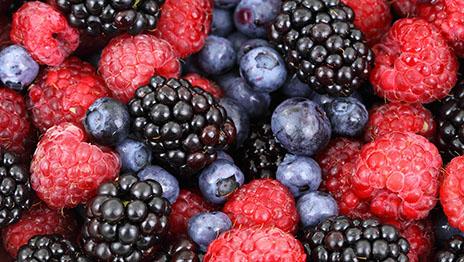
Pre-washed supermarket fruit and vegetables should be washed again to remove all traces of pathogenic bugs, says a Victoria University food researcher.
Dr Senaka Ranadheera, an early career research fellow at the Advanced Food Systems Research Unit in VU’s College of Health and Biomedicine, said pathogenic bugs can slip into cracks, crevices and between cells of fresh food – even with powerful industrial washing techniques.
“Once positioned in these niches, pathogens may survive and multiply by the time the infected produce is consumed,” he said.
Australia is considered one of the safest food suppliers in the world but the government-funded OzFoodNet reported more than 600 outbreaks of intestine-related illness in just one quarter of 2013, its most recent period for recorded data.
Foodborne illnesses were responsible for the death of three people, and another 35 illnesses, after an outbreak of listeriosis – linked to pre-packed caramel apples in the US – last year.
Similarly, 53 people died and thousands were infected by an E.coli-related epidemic linked to fenugreek sprouts in Germany in 2011.
Dr Ranadheera said most foodborne illnesses are preventable.
To be safer, he urged consumers to wash all fresh fruit and vegetables in clean running tap water, and to never eat produce that looks spoiled.
He said sprouts, celery and rockmelons had been identified as being more susceptible to contamination than other produce.
Kitchen surfaces should be thoroughly cleaned before being used to prepare food, and the correct cooking temperature and time must be used to minimise the risk of foodborne illness, Dr Ranadheera said.
“The risk of eating contaminated produce is much greater now than it has been in previous centuries because primary production and processing and trade of fruit and vegetables occurs in diverse climates within different countries’ rules and systems,” he said.
Read the full article at The Conversation.
